Understanding Coercive Control: How to Identify and Respond to Controlling Behaviors in Relationships
Controlling individuals, often using coercive control, tend to strain their connections by dominating romantic relationships, friendships, and other social settings to get what they want. Interacting with people who exert coercive control can be draining and harmful to your mental health.
In relationships, subtle signs of coercive control can manifest in various ways. It could be a partner constantly monitoring your whereabouts, questioning your every move, or isolating you from friends and family.
Gradually, the dominating partner gains control, and you find yourself tiptoeing around their expectations and demands. This gradual shift in power dynamics can lead to more severe forms of abuse, such as physical or emotional harm.
This article highlights various signs of coercive control in a relationship and how they compare to healthier relationships.
Types of Coercive Control Behaviors
Quick to Criticize
This may appear as someone who continually sees something wrong with other people and is ready to criticize them. They frequently adopt a pessimistic and judgmental attitude, emphasizing flaws and never recognizing good things. This type of behavior can be harmful to both the people receiving criticism and the critics themselves since it can foster a hostile environment.
It’s crucial to keep in mind that while constructive criticism is helpful, being too critical without providing support or encouragement just serves to undermine others.
Guilt Tripping
This can look like placing excessive blame or manipulating the victim to make them feel guilty for their actions or decisions. It often involves emotional blackmail, where the controlling individual uses tactics such as exaggerated sighs, tears, or ‘the silent treatment’ to make the other person feel responsible for their unhappiness.
Examples of guilt tripping include making someone feel guilty for prioritizing their own needs and desires over another person’s or using phrases like “if you really loved me, you would do this for me.” By playing on a person’s guilt, the controlling individual hopes to get their way in any given situation.
Gaslighting
Gaslighting can involve the manipulator denying or twisting events or dismissing the victim’s feelings and emotions, making them feel invalidated and powerless. The manipulator distorts the reality of the victim’s experiences, making them doubt their own perceptions and sanity.
Intimidation
Intimidation is a key strategy to maintain dominance and control in a relationship. Common tactics include yelling or making threats to control the victim. A controlling individual may also threaten a victim’s safety and use physical intimidation like slamming doors and punching walls to instill fear.
Possessiveness
Possessive behaviors involve the constant need to monitor and dictate the victim’s actions and choices. The possessive partner may isolate their significant other from friends and family, demanding all their attention and time. They may also exhibit aggressive behavior when their partner interacts with anyone else, acting possessive over their time and affection. Ultimately, possessiveness in a controlling relationship is a violation of personal boundaries and autonomy.
Is Controlling Behavior Healthy in a Relationship?
A controlling partner’s behavior seeks to turn the imaginary into reality; they aim to lessen their own anxiety by eliminating any uncertainty and doubt in the relationship. Past trauma, which is based on fear or anxiety from previous experiences, may also contribute to the need for control. This may take the form of employing strategies like criticism, threats, humiliation, and isolation. To maintain their perceived control, controlling people strive to blame others and manipulate events.
Coercive control may make someone feel like they have no autonomy or independence. This can lead to feelings of suffocation and a loss of self-esteem, chipping away at their self-confidence and making them doubt their own abilities and decisions.
Relationships that become dependent on one party’s desire to exert complete (or nearly complete) control over the behavior of the other are not considered healthy. In extreme cases, it can even result in emotional or psychological abuse, leaving the person feeling trapped and powerless. This imbalance of power can lead to negative consequences including the dominant party often manipulating and dictating the actions and choices of the other, making the victim feel a complete loss of individuality and personal autonomy.
It is crucial that we learn to recognize and address these unhealthy dynamics to have truly healthy and balanced relationships and break the cycle of violence.
A Caring Relationship
A healthy partner is someone who respects and values their significant other’s independence and individuality. They understand the importance of maintaining separate identities and encourage their partner to pursue their own interests and relationships outside of the partnership.
A healthy partner is supportive and trusting, allowing their significant other to make their own choices and decisions without feeling the need to control or monitor their every move. Ultimately, a healthy relationship is built on mutual respect, trust, and the freedom to be oneself.
To learn more visit:
What is a Healthy Relationship – Assaulted Women’s Helpline
If you or someone you know is looking for assistance, apply today at nisafoundation.ca/apply.
You can also send us an email at homes@nisafoundation.ca or call us at +1 888 711 6472. If you would like to support Nisa Foundation clients, donate today at nisafoundation.ca/donate.


.svg)







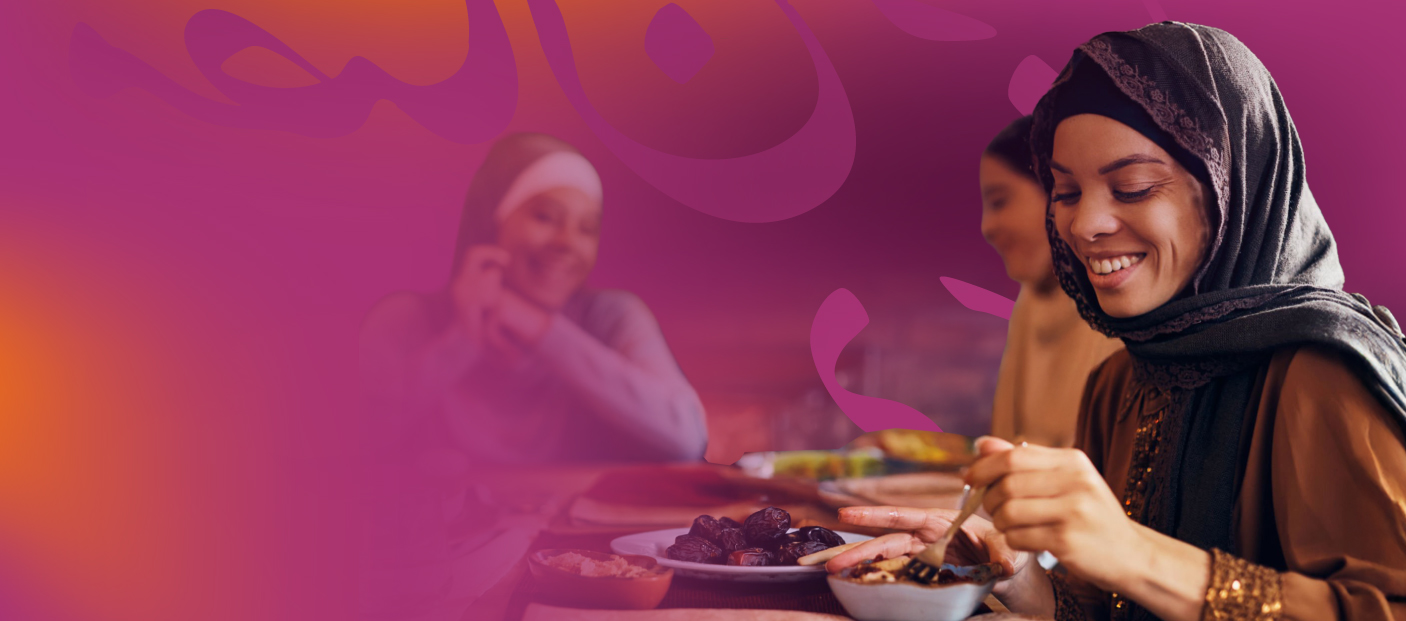







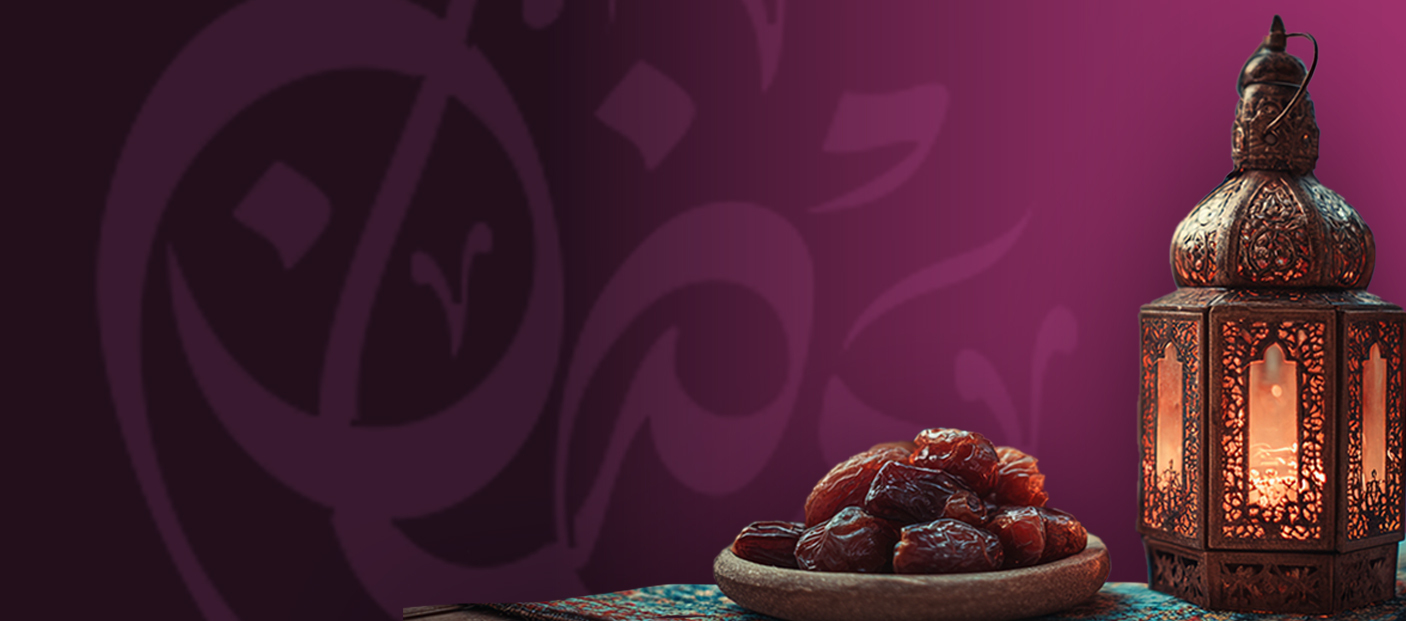


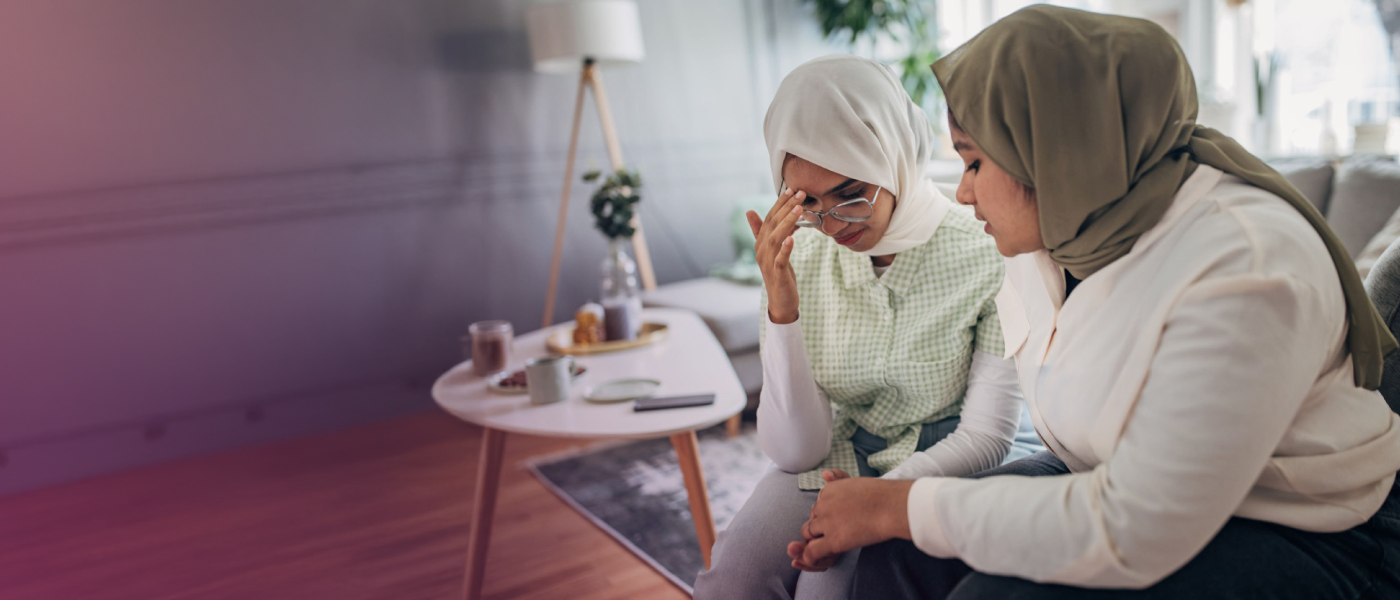









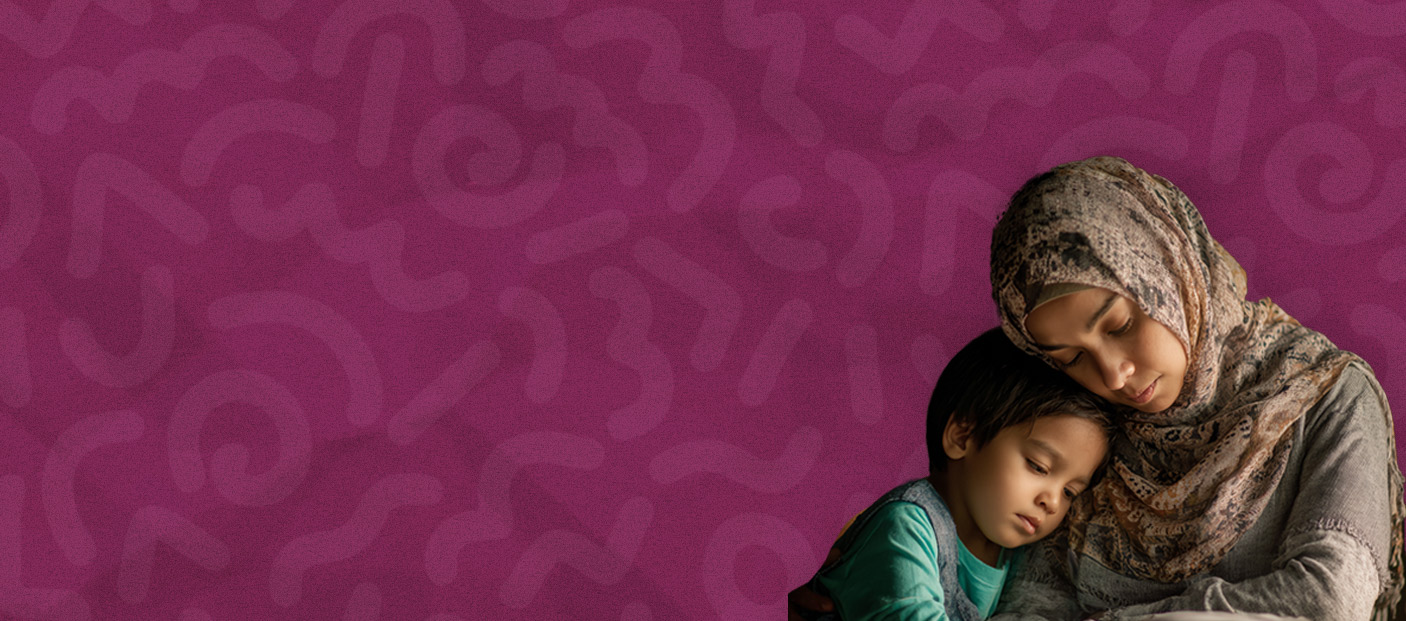

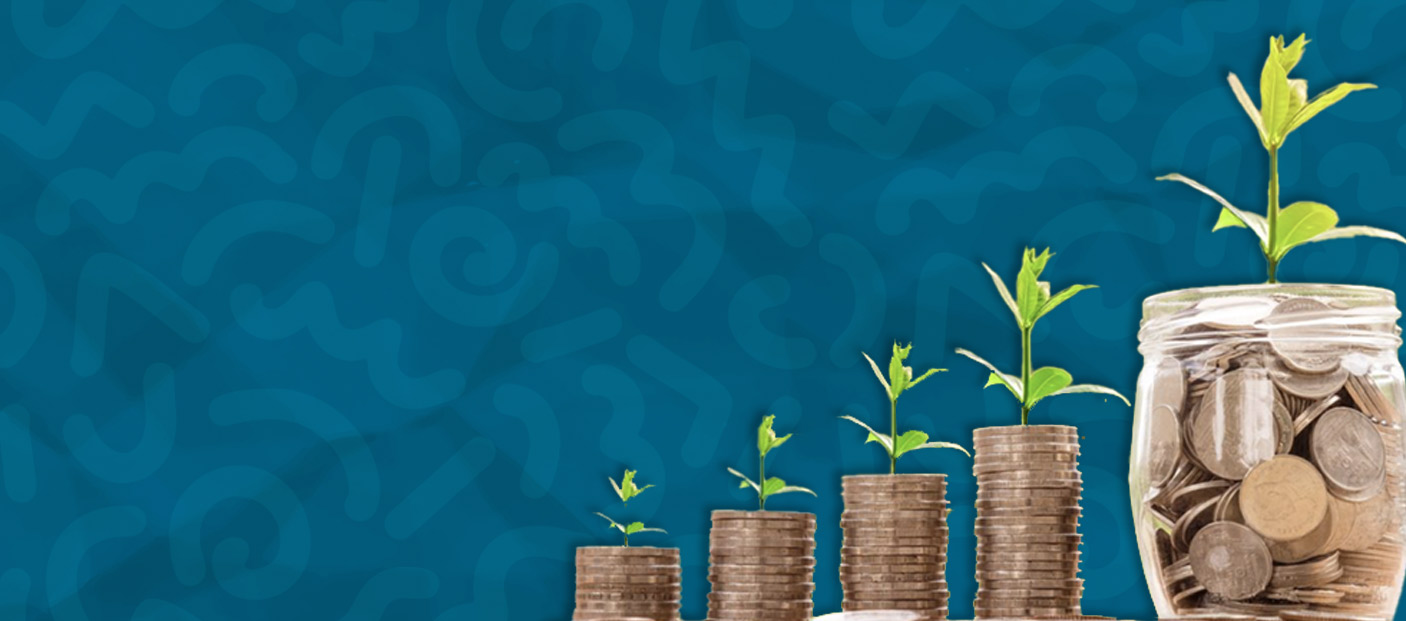
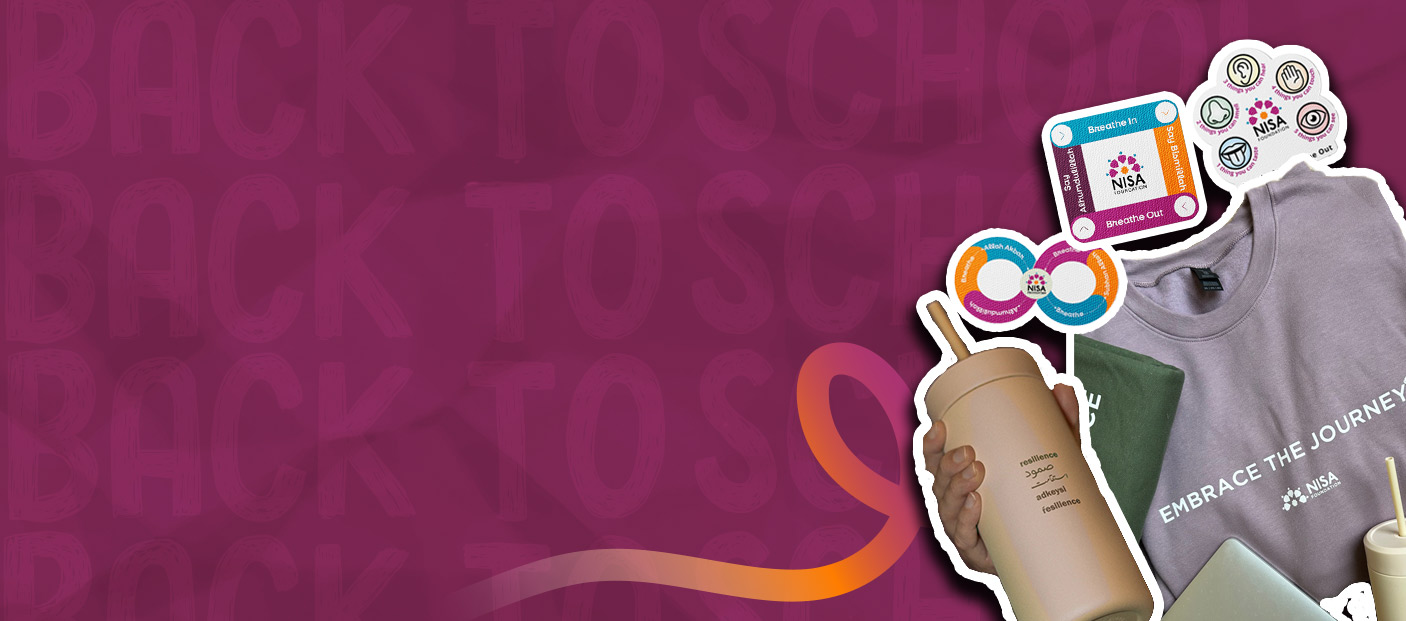







.jpg)


.jpg)


















.jpg)









